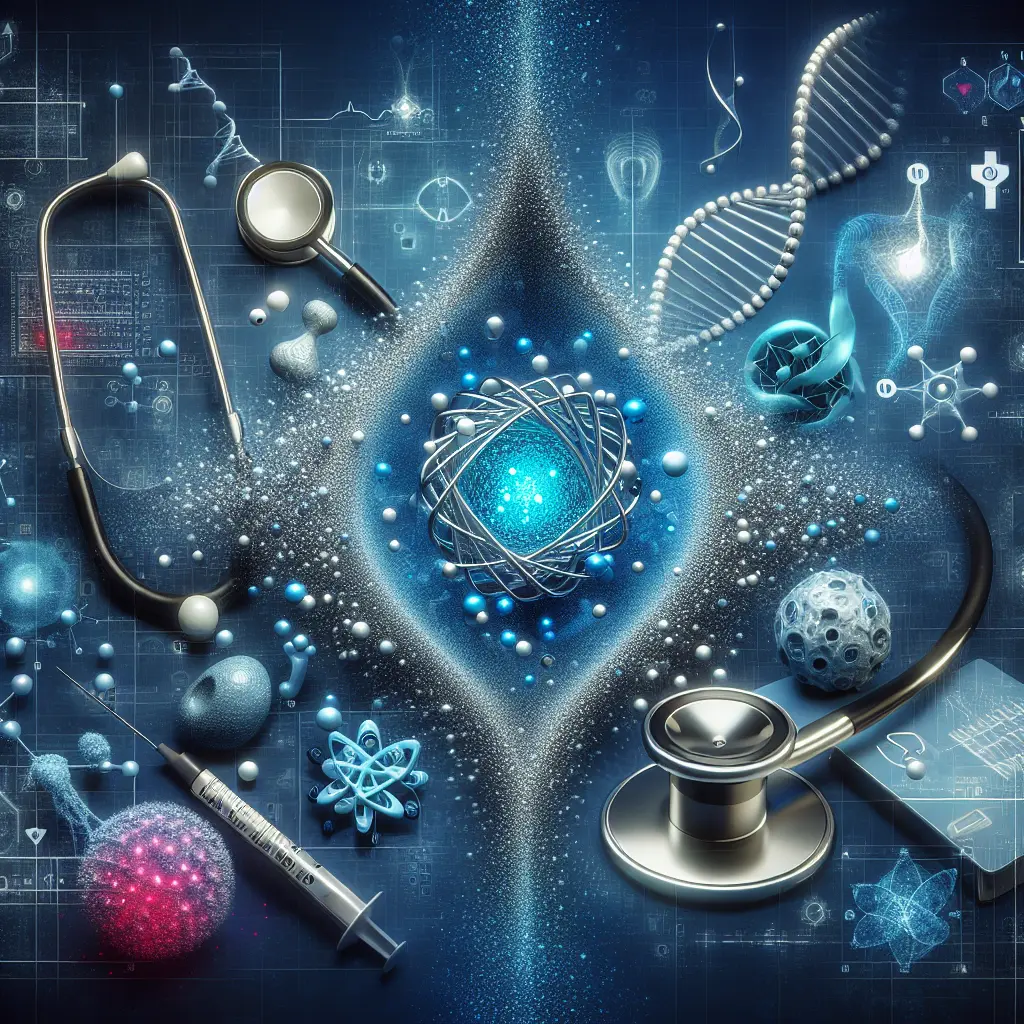
Quantum computing is poised to revolutionize many industries with its superior processing power and ability to handle complex computations swiftly. In the field of medical research, the integration of quantum technology promises significant advancements, potentially reshaping everything from drug discovery to diagnostics. As we venture deeper into the realm of quantum computing applications in healthcare, it's essential to explore how this cutting-edge technology is impacting the sector and what it holds for the future.
Quantum Computing and Drug Discovery
One of the most promising areas for quantum computing in healthcare is drug discovery. Traditional methods for developing new drugs are notoriously time-consuming and costly, often taking over a decade and billions of dollars to bring a single drug to market. Quantum computing can accelerate this process by simulating and analyzing the molecular structures of potential drugs much more quickly than classical computers.
For instance, quantum algorithms in medicine can evaluate the interaction between drugs and protein targets in the body at a quantum level, predicting efficacy and side effects with high precision. This capability could significantly shorten the development timeline and improve the success rates of new medications. Further reading on quantum computing’s role in speeding up drug discovery processes can be found in scholarly articles from leading research institutions.
Quantum Technology for Medical Diagnostics
Quantum technology also holds promise in enhancing medical diagnostics. By leveraging the principles of quantum mechanics, researchers can develop highly sensitive imaging techniques that improve the accuracy of diagnosing various conditions. For example, quantum sensors could detect tiny changes in the body at a cellular or even sub-cellular level, enabling early diagnosis of diseases such as cancer or neurological disorders.
The sensitivity of these quantum-based tools means that diseases could be caught much earlier than with current methods, potentially leading to better outcomes for patients. This aspect of quantum technology in healthcare is continuously evolving, with numerous studies highlighting its potential benefits and challenges.
The Impact of Quantum Computing on Healthcare
The impact of quantum computing on health extends beyond just drug discovery and diagnostics. Quantum algorithms can optimize complex logistical tasks within healthcare systems, such as scheduling surgeries, managing supply chains, or even personalizing treatment plans based on genetic information.
Moreover, quantum computing could play a critical role in handling and analyzing vast amounts of healthcare data while maintaining privacy and security. With its ability to perform computations on encrypted data, quantum technology offers a new level of security for sensitive medical information, mitigating risks associated with data breaches.
The Future of Medical Research
Looking towards the future, the scope of medical advancements with quantum computing seems boundless. As researchers continue to develop and refine quantum algorithms, we can expect more personalized medicine, where treatments are tailored to individual genetic profiles and lifestyle factors. This shift not only promises more effective healthcare outcomes but also a more efficient use of resources.
Furthermore, interdisciplinary collaborations, such as those linking quantum physicists with biomedical researchers and data scientists, will be crucial in harnessing the full potential of quantum technology in healthcare. These partnerships will likely lead to innovative solutions that could overcome some of today's most challenging medical issues.
Recent Developments and News
In recent news, there has been considerable interest in how technological advancements could impact other sectors. For instance, discussions about the role of AI in transforming jobs highlight the need for upskilling to keep pace with technological changes (Tech giants: AI will transform 92% of ICT jobs; we must upskill now). Similarly, the medical sector must adapt to integrate quantum computing technologies effectively.
Additionally, broader scientific and technological developments, such as those seen in satellite technologies (This Gargantuan Lab Simulates Blasting Satellites Into Space), also indirectly support medical research by improving data collection and analysis capabilities.
Conclusion
As we continue to explore and integrate quantum computing within medical research, the potential for groundbreaking discoveries and innovations seems limitless. From faster drug development cycles and more precise diagnostics to personalized treatment plans and enhanced data security, the benefits of quantum technology in healthcare are profound.
The journey ahead is undoubtedly complex and filled with challenges. However, with sustained investment in research and development and collaborative efforts across disciplines, the future of medical research looks brighter than ever—thanks in large part to the remarkable capabilities of quantum computing.
Felicity Conrad
Exploring new frontiers in healthcare with quantum computing.